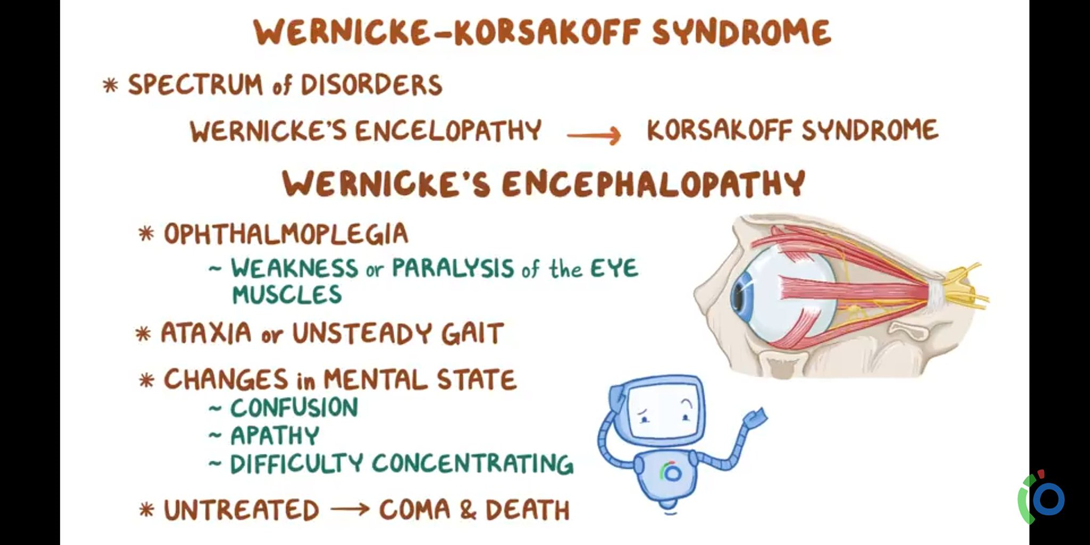A nurse is caring for a client who was admitted with acute psychosis and is being treated with haloperidol. The nurse should suspect that the client may be experiencing tardive dyskinesia when the client exhibits which of the following? Select all that apply.
Urinary retention and constipation.
Fine hand tremors and pill rolling.
Tongue thrusting and lip smacking.
Facial grimacing and eye blinking.
Involuntary pelvic rocking and hip thrusting movements.
Correct Answer : C,D,E
Choice A reason: Urinary retention and constipation are not typically associated with tardive dyskinesia, which is characterized by involuntary movements.
Choice B reason: Fine hand tremors and pill rolling are more commonly associated with Parkinson's disease rather than tardive dyskinesia.
Choice C reason: Tongue thrusting and lip smacking are classic signs of tardive dyskinesia, often resulting from long-term use of antipsychotic medications.
Choice D reason: Facial grimacing and eye blinking are also indicative of tardive dyskinesia, reflecting involuntary facial movements.
Choice E reason: Involuntary pelvic rocking and hip thrusting movements can be manifestations of tardive dyskinesia, representing involuntary movements of the body.
Nursing Test Bank
Naxlex Comprehensive Predictor Exams
Related Questions
Correct Answer is A
Explanation
Choice A reason: Wernicke-Korsakoff syndrome is a brain and memory disorder that requires immediate treatment. It occurs due to a severe deficiency of thiamine (vitamin B1), which is essential for the brain to convert food into energy.

Choice B reason: There is no evidence suggesting that Wernicke-Korsakoff syndrome is a psychological condition related to stress.
Choice C reason: Wernicke-Korsakoff syndrome is not a genetic disorder; it is caused by a deficiency of vitamin B1, often associated with alcohol abuse or malnutrition.
Choice D reason: It is not an infectious disease; Wernicke-Korsakoff syndrome results from nutritional deficiencies, specifically a lack of thiamine (vitamin B1).
Correct Answer is C
Explanation
Choice A reason: Focusing conversations on nutritious food can be positive, but it does not directly indicate a change in behavior related to bulimia nervosa.
Choice B reason: Gaining weight may be a positive sign, but it is not sufficient on its own to indicate a behavioral change, as weight can fluctuate for various reasons.
Choice C reason: Demonstrating healthy coping mechanisms that decrease anxiety is a strong indicator of positive behavioral change in a client with bulimia nervosa, as it suggests the client is developing strategies to manage the disorder.
Choice D reason: While verbalizing an understanding of the disorder's etiology is beneficial, it does not necessarily reflect a change in behavior.
Whether you are a student looking to ace your exams or a practicing nurse seeking to enhance your expertise , our nursing education contents will empower you with the confidence and competence to make a difference in the lives of patients and become a respected leader in the healthcare field.
Visit Naxlex, invest in your future and unlock endless possibilities with our unparalleled nursing education contents today
Report Wrong Answer on the Current Question
Do you disagree with the answer? If yes, what is your expected answer? Explain.
Kindly be descriptive with the issue you are facing.
